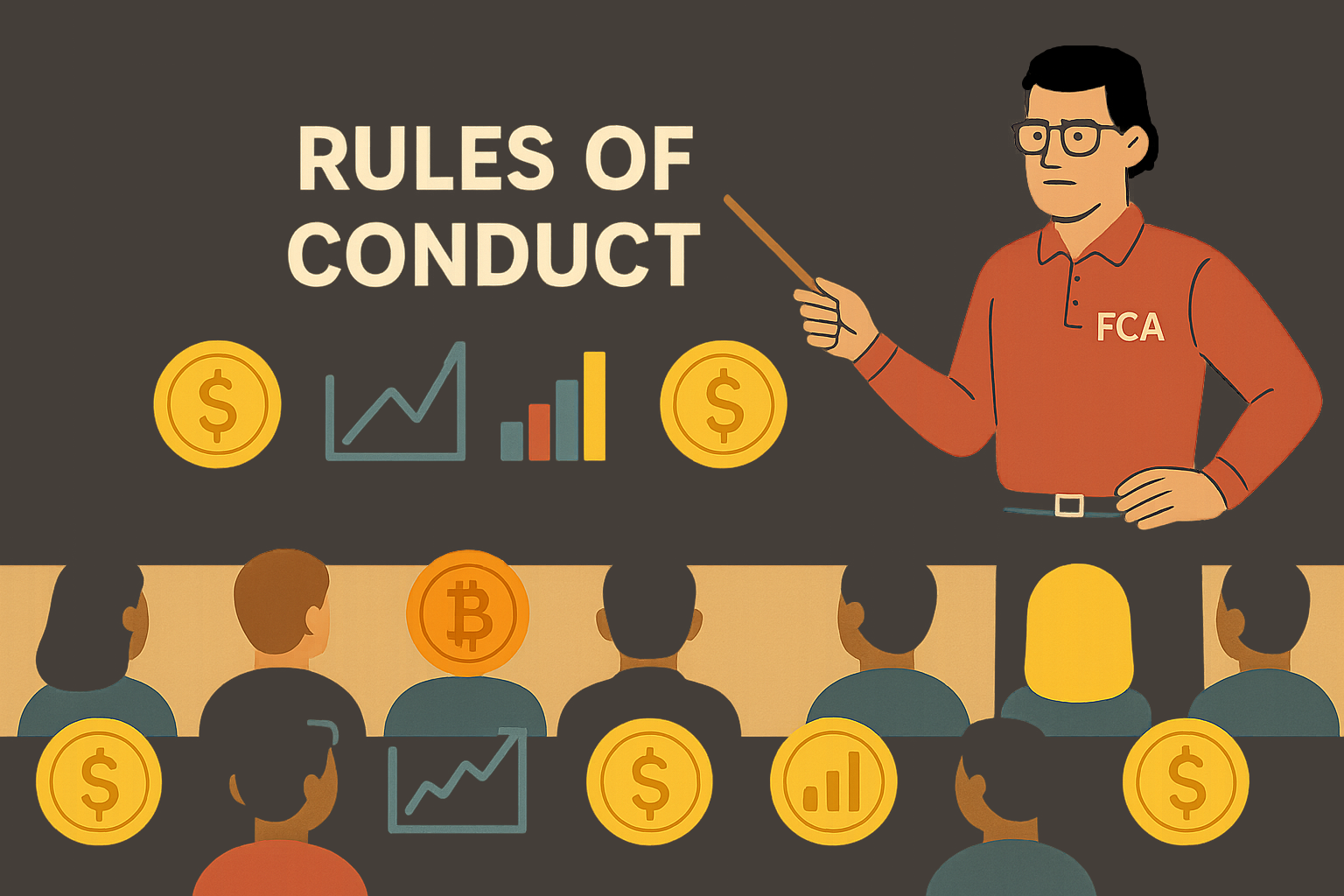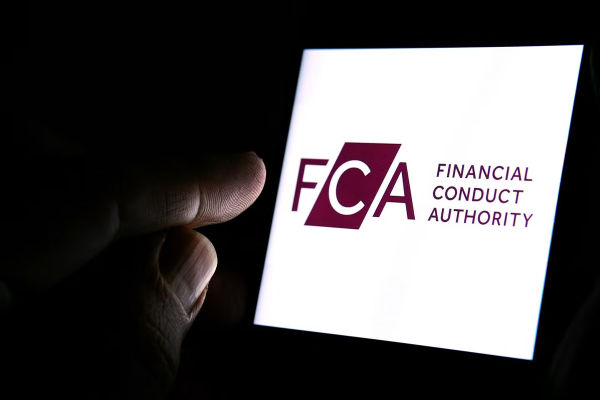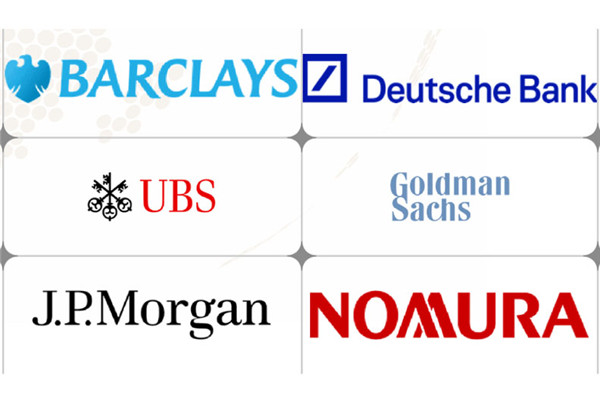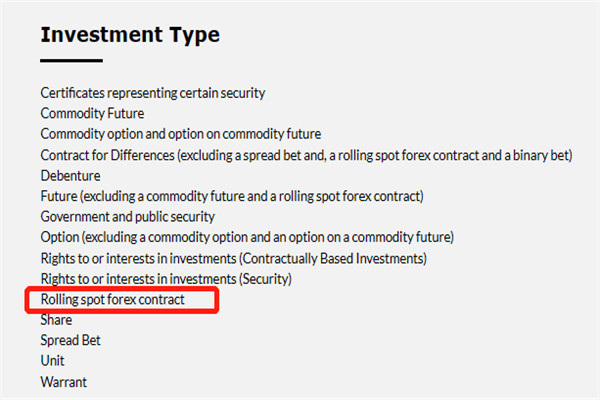
What Is the FCA?
The Financial Conduct Authority (FCA), is the UK's primary regulator for financial markets. Established in 2013 after replacing the Financial Services Authority for conduct regulation, it operates independently of the UK government but remains accountable to the UK Treasury and Parliament. Its job is to make sure financial firms conduct their business with fairness, transparency, and integrity, whether they are banks, brokers, asset managers, or fintech companies.
Why the FCA Is Important for Traders and Investors
For anyone trading or investing in the UK, FCA regulation is a cornerstone of market trust. It protects individuals from scams, misleading advice, and poor governance. FCA-regulated companies must:
-
Hold minimum capital reserves to ensure financial stability.
-
Segregate client funds from company money, so your deposits are safe if the firm fails.
Follow strict marketing and disclosure rules to ensure you get clear, truthful information about risks and potential returns.
The FCA also issues different license types for firms depending on their services and risk profile. These range from dealing and brokerage permissions to arranging investments. These determine what a firm is legally allowed to do and often signal its operational strength. You can explore the licence categories and application requirements here to better understand how FCA authorisation works.
For example, retail forex traders benefit from leverage limits under FCA rules, meaning you can't be overexposed to high-risk products like CFDs. Such measures reduce the risk of catastrophic losses for beginners while encouraging professionals to trade with more discipline.
Additionally, FCA regulations have notable effects on professional traders. The FCA enforces negative balance protection, so traders cannot lose more than their deposited funds even in volatile markets. This is a feature that's absent in many offshore jurisdictions. However, the FCA's leverage caps on forex and CFDs can restrict aggressive position sizing strategies that some experienced traders might prefer. While compliance costs mean FCA-regulated brokers may charge slightly higher fees, these institutions provide greater financial stability and reduce counterparty risk. Internationally, FCA standards are comparable to Australia's ASIC and exceed those of many offshore regulators, making FCA-regulated brokers a preferred choice globally for traders seeking strong oversight and security.
FCA in Action
Imagine you deposit $10,000 with a UK-based online broker authorised by the FCA. That broker must keep your money in a separate, safeguarded account. If the broker mismanages funds or makes false claims about returns, the FCA can investigate, fine the firm, revoke its licence, and the Financial Services Compensation Scheme (FSCS) may reimburse you up to the equivalent of £85,000 (about $108,000). Without this regulatory safety net, recovering your money from a failed or fraudulent firm would be far harder. It's why professional and retail traders routinely check the FCA register before choosing a provider. It's a five-minute step that can save tens of thousands of dollars.
Common Misconceptions About the FCA
-
It guarantees profits: The FCA ensures fair conduct, not investment success. You can still lose money through poor trading decisions or market conditions.
-
Only UK investors benefit: Many overseas traders choose FCA-licensed brokers for their high compliance standards.
-
All financial companies are FCA-regulated: Not true. Always check the official FCA register before trusting a firm.
-
Firms never fake regulation claims: Scammers may falsely display an FCA logo. Verifying a firm's licence is essential.
It prevents all market losses: FCA rules protect you from misconduct, not normal market volatility.
Related Terms
-
FSCS (Financial Services Compensation Scheme): Protects eligible clients of failed FCA-regulated firms up to £85,000 (about $108,000).
-
FOS (Financial Ombudsman Service): Resolves disputes between consumers and FCA-regulated firms.
-
PRA (Prudential Regulation Authority): Works alongside the FCA but focuses mainly on banking and insurance stability.
-
Capital Adequacy Requirements: The minimum sum a regulated firm must hold to prove financial strength.
Client Money Rules: Regulations requiring brokers to keep client funds separate from business funds.
Final Thoughts

The FCA's role is not just to punish misconduct, it is to create an environment where traders, investors, and institutions can interact with trust. By understanding FCA licensing, knowing how client money protection works, and appreciating the trading safeguards in place, you can make more informed choices about where and how you trade. Whether you are a novice just opening your first account or a seasoned professional trading at scale, FCA regulation remains a globally recognised mark of market integrity.












